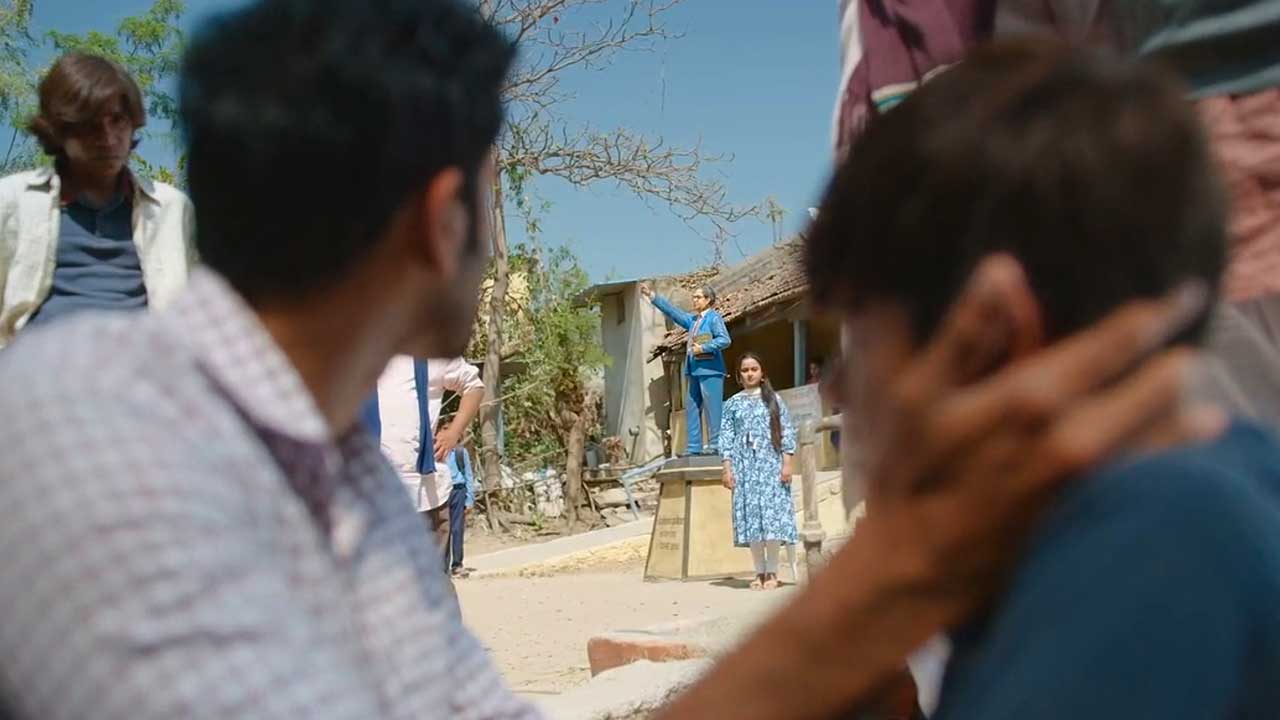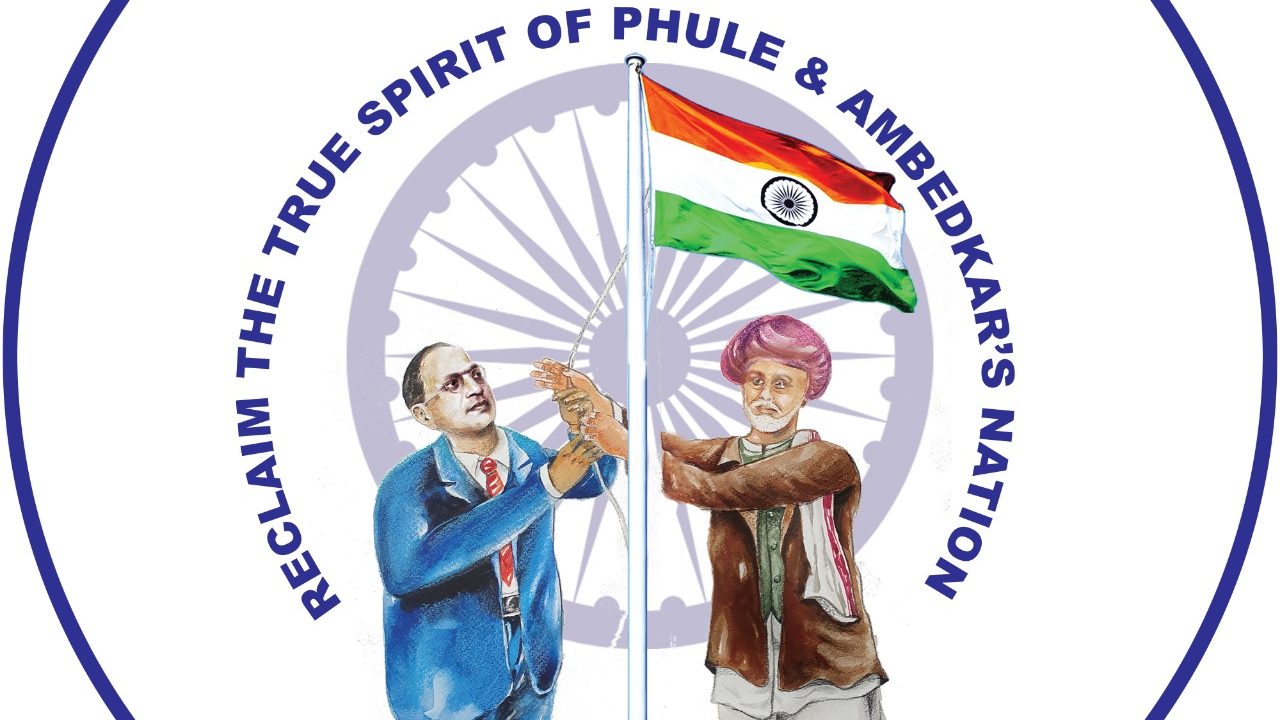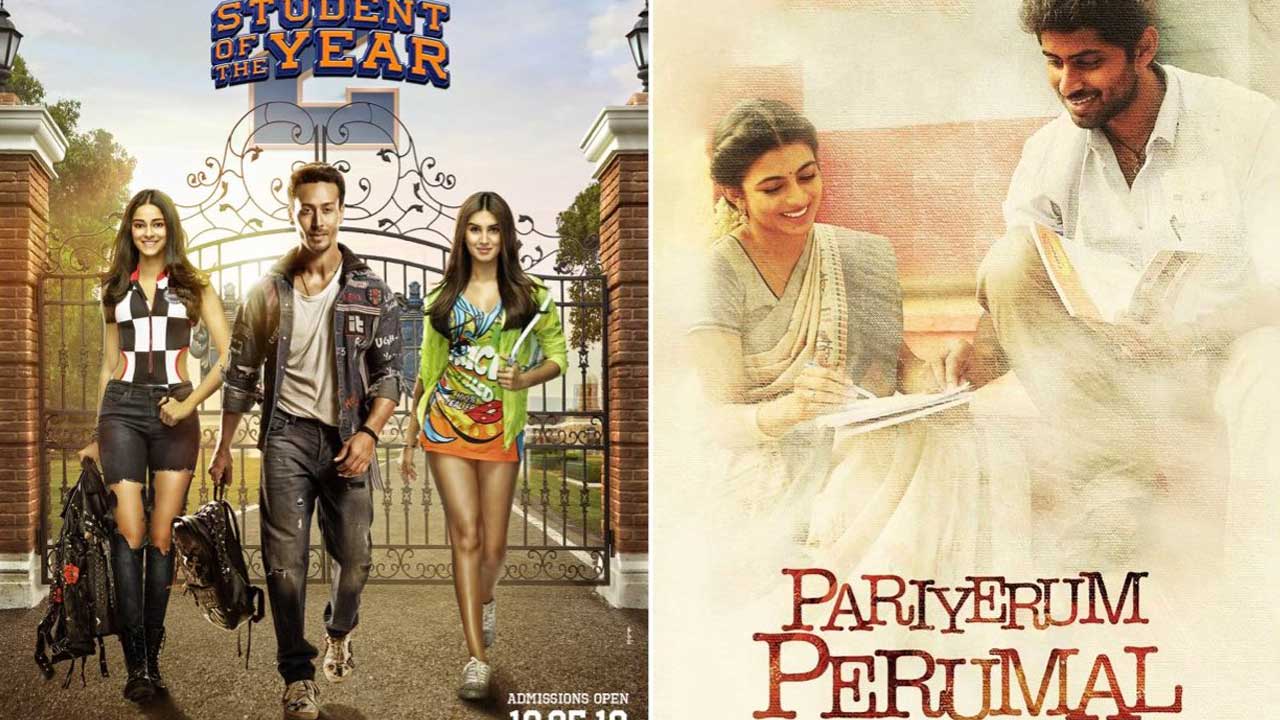Pink released on Friday, 16 September 2016 in thousands of screens across the country. Every newspaper reviewer has given it a rating of over 4 stars. Despite not being a “time-pass” film, not having saleable star heroines as protagonists, not being “entertaining”, it is doing extremely well commercially. It is being lauded as a brave new film that challenges gender stereotypes. It is seen as a coming- of- age film for young, urban Indians.
 The film revolves around three young working women – Meenal, Falak and Andrea – who share a flat in Delhi. Soon after the film opens and through much of it they are seen cringing and cowering in fear over some indiscretion in their immediate past which has snowballed out of control. Turns out, they befriended some young men and went out to party with them, where they were propositioned. They tried to resist the advance of the men but couldn’t. Meenal, in a fit of rage, broke a bottle over her perpetrator and caused some damage around his eye.
The film revolves around three young working women – Meenal, Falak and Andrea – who share a flat in Delhi. Soon after the film opens and through much of it they are seen cringing and cowering in fear over some indiscretion in their immediate past which has snowballed out of control. Turns out, they befriended some young men and went out to party with them, where they were propositioned. They tried to resist the advance of the men but couldn’t. Meenal, in a fit of rage, broke a bottle over her perpetrator and caused some damage around his eye.
This incident has turned their life upside down costing them their home, their jobs, their reputation, their boyfriends and their peace of mind. All because they trusted the wrong men to let down their hair with and their guard.
Into this confusion steps in the imperious Bachan, who virtually takes over their lives. He swoops down on them telling them what to do and what not, leaving us in no doubt that if men are your violators, they are also your saviours! In other words: ladies, forget about independence and such other cliches. You can at best choose between the crude patriarch and the benevolent patriarch. The fact is that the crude patriarch and the benevolent patriarch are two sides of the same coin. Both presume that women don’t know their minds, if indeed they have one!
This well-intentioned film seems to be all about challenging the patriarchal stereotype of the “good” (acche ghar ki) versus the “bad” (vaise type ki) woman but ends up upholding another equally regressive stereotype of the “protector” versus the “violator”. The cruellest irony is that the protector of one woman will have no scruples about being the violator of other women. Aren’t we all sickeningly familiar with brothers who will go to any lengths, including violence, to “protect the honour” of their sisters, but the rest of the women are fair game!
Hence, in order to escape the “violators”, a woman willingly surrenders her freedom and independence to her “protector” who then takes over her life completely as Bachan does in the film. Bachan’s Sehgal doesn’t feel the need to discuss the case with his clients even when it comes to questioning their “morality” and “virginity” in the courtroom. If this were a strategy, he could and should have taken them into confidence before springing it on them. But big-dad-knows-what-is-good-for-his-children seems to be his attitude and the girls dare not question him. Is this not a grave violation? Is this not as bad as the young men who took liberties with the girls and would not take no for an answer? At least they could hit the boys with a whisky bottle to express their displeasure!
After walking all over the girls in the courtroom and outside, Bachan tries to redeem himself by thundering towards the end that when a woman says no, it means no. Well said, Mr Sehgal but if the director had let the women speak this line for themselves, it would have been far more authentic.
So, thanks but no thanks Mr Sehgal!
The day that women learn to say no to their violators and protectors alike, that day will herald the dawn of their independence.
Forward Press also publishes books on Bahujan issues. Forward Press Books sheds light on the widespread problems as well as the finer aspects of the Bahujan (Dalit, OBC, Adivasi, Nomadic, Pasmanda) community’s literature, culture, society and culture. Contact us for a list of FP Books’ titles and to order. Mobile: +919968527911, Email: info@forwardmagazine.in)





